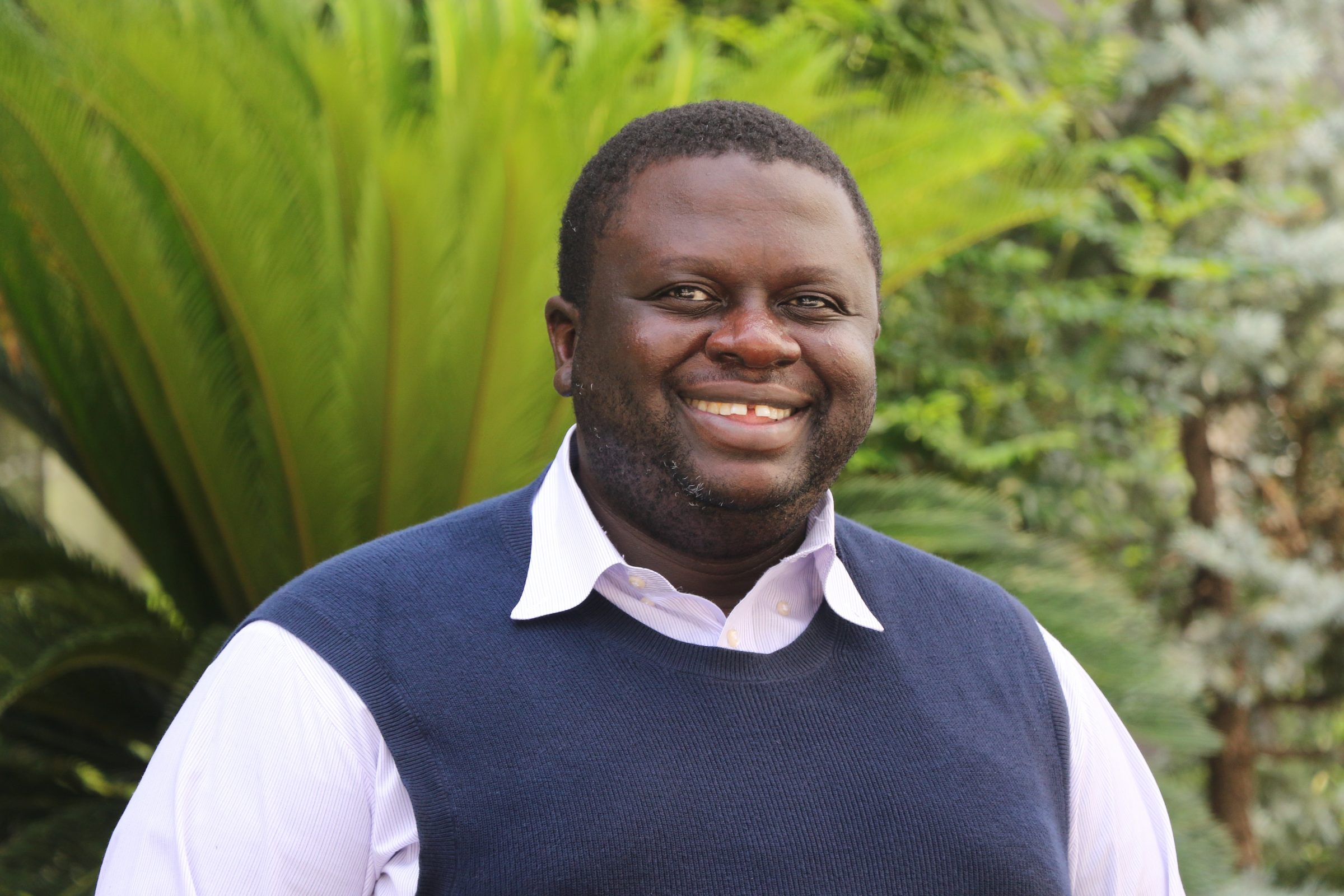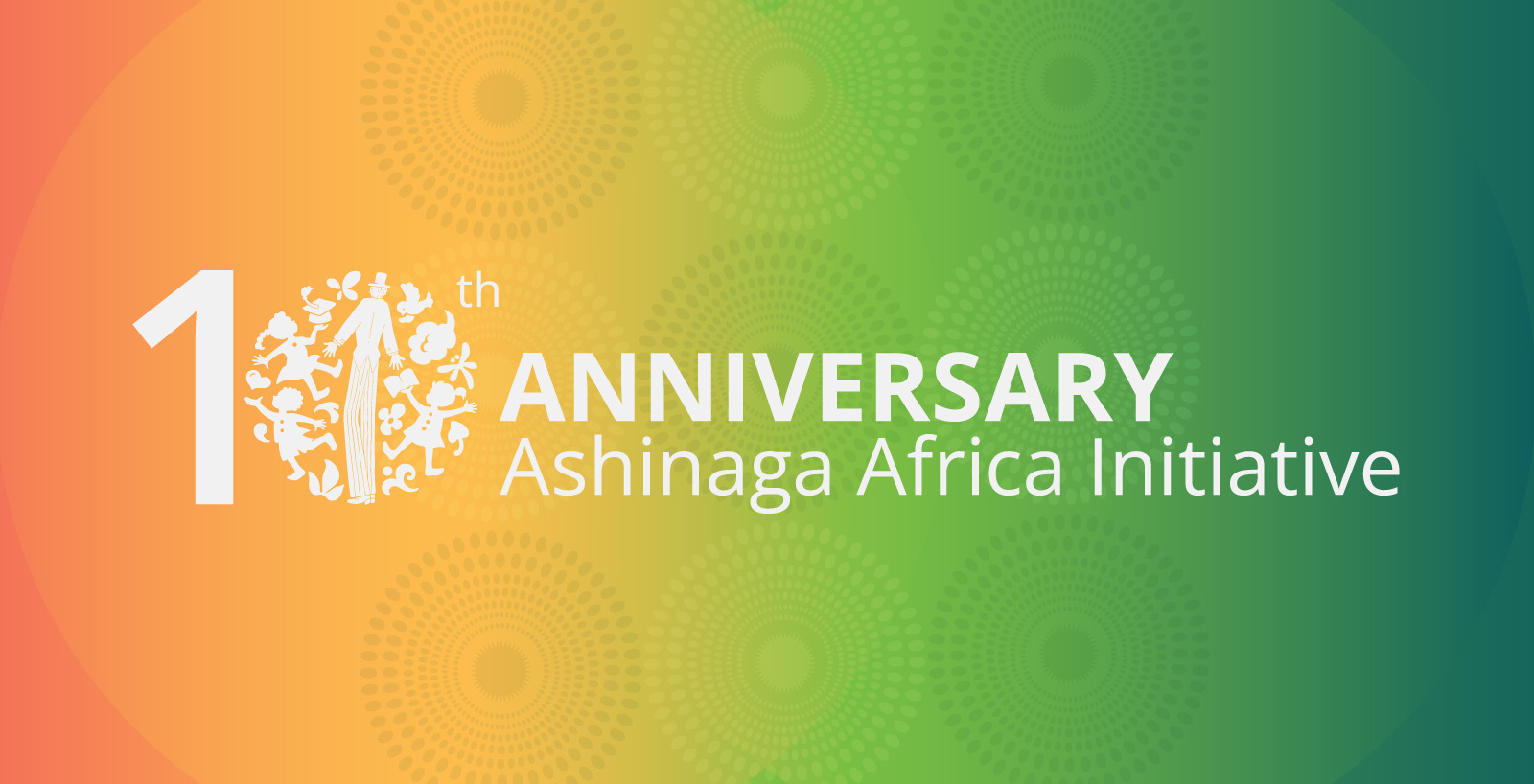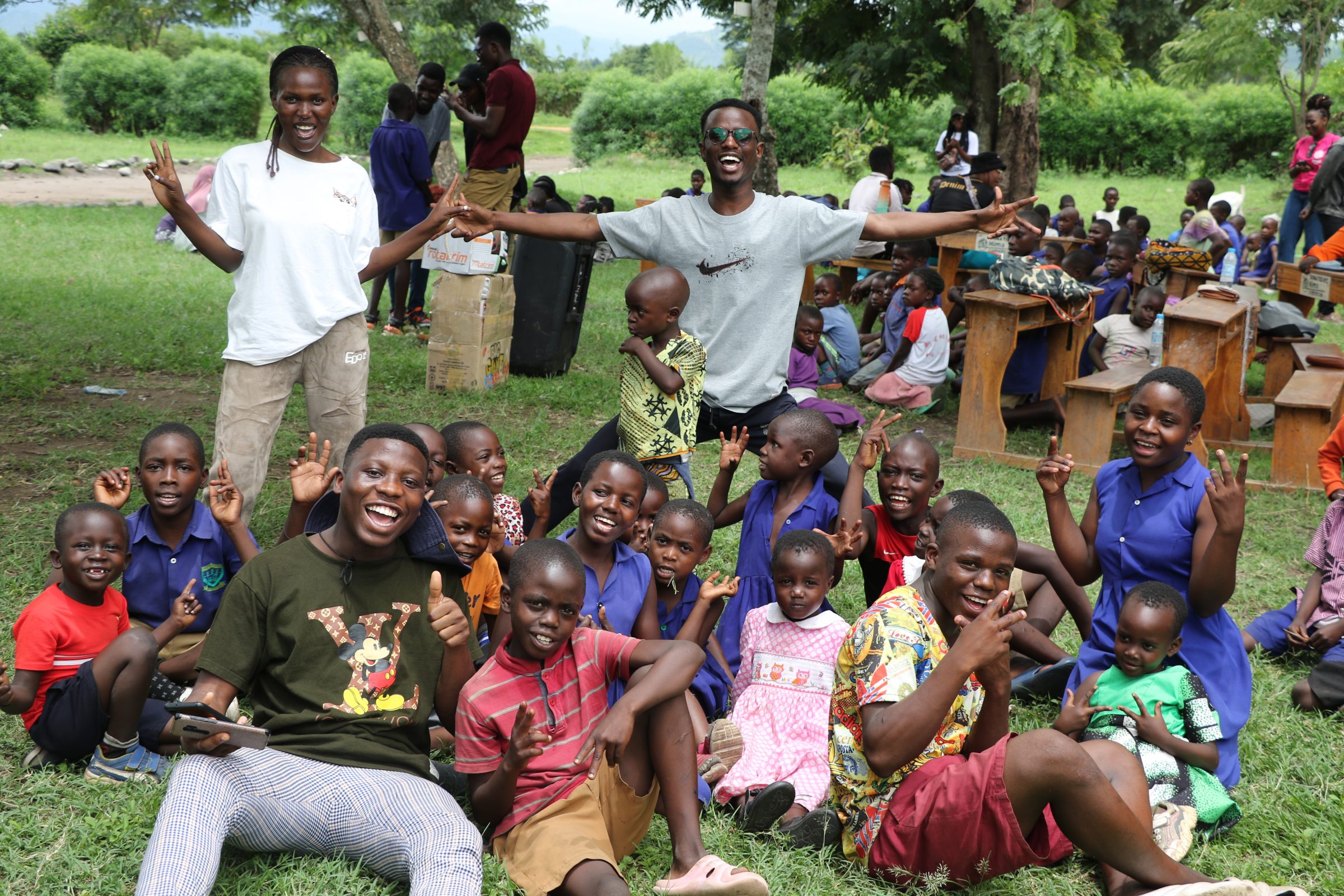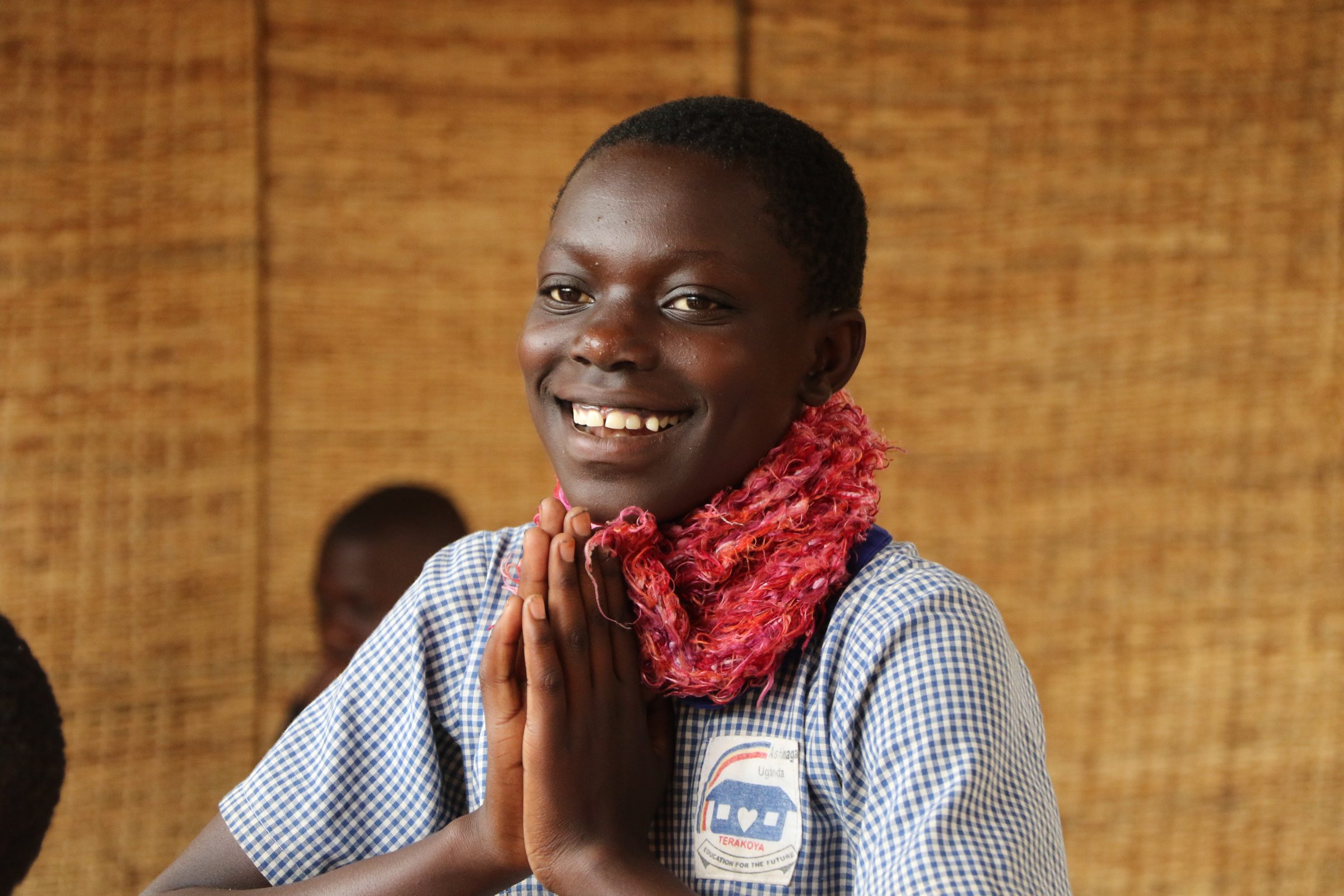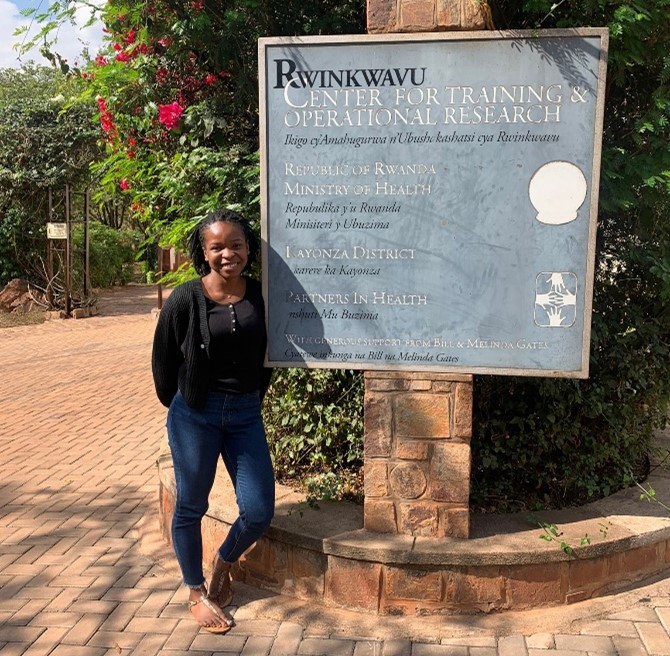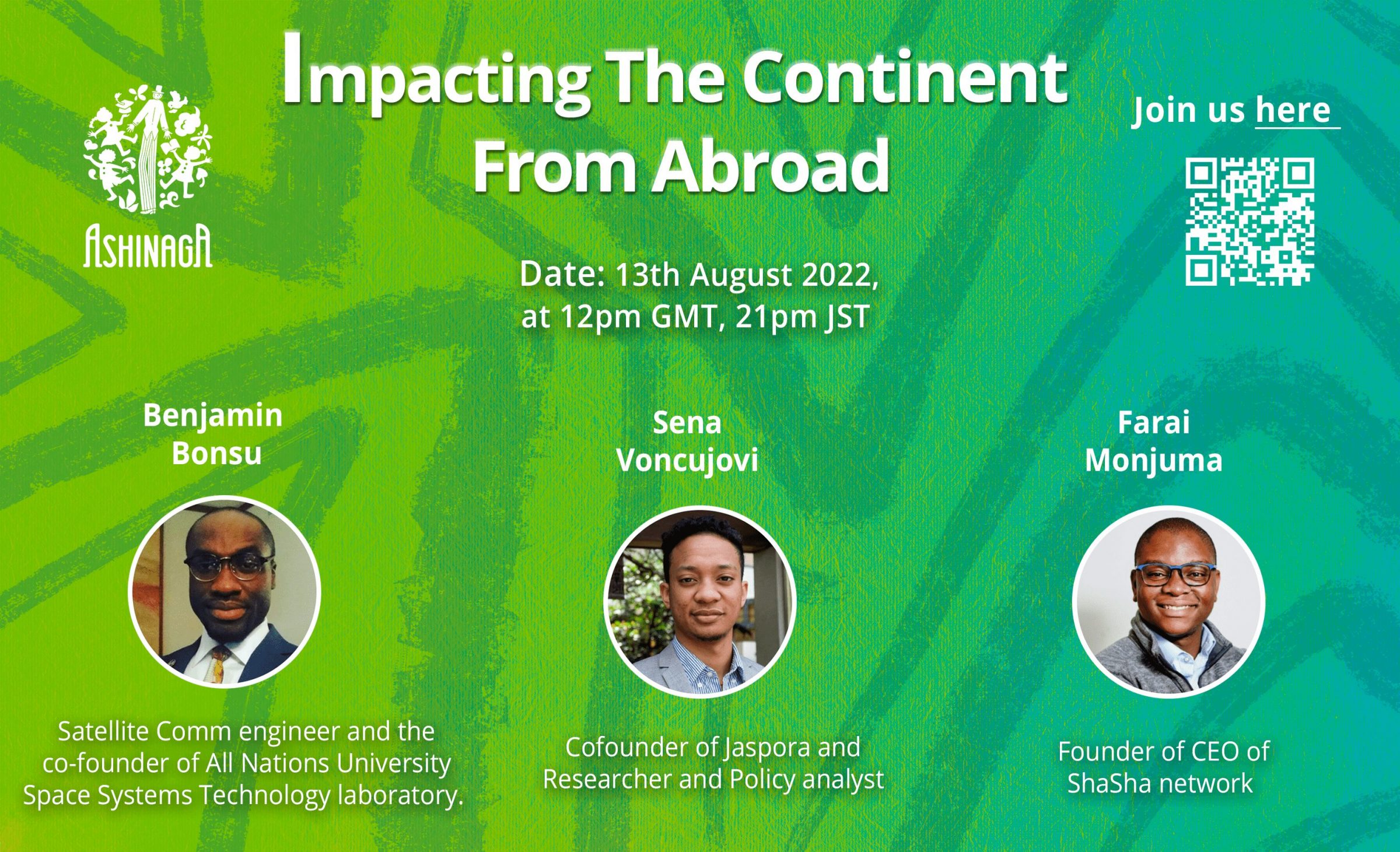Thinking Globally, Acting Locally: AAI Staff Member Eugene
As a child in Kenya, Eugene developed an international mindset, thanks to his biggest role model – his mother. “Having grown up with people from all over the world when she was young, she encouraged me to learn from people who have had experiences different from my own,” he says. “Because of that, my mum put me in a school with a student body comprising people from different ethnic and racial backgrounds. She used to read me stories from different places, and that sparked a curiosity, making me want to travel and discover different cultures.” He was especially drawn to Japan: “Being a librarian, my mom would bring home Japanese books translated to English, ranging from Momotaro to Kojiki. I was fascinated by the vibrancy of Japan’s traditional culture and its futuristic aesthetic.”
That global mindset and intellectual curiosity ultimately helped lead Eugene to where he is today, working in Japan as a Student Relations Coordinator for the Ashinaga Africa Initiative. “When I got to Japan, I was very happy because finally I could see all these things that interested me in the past,” he recalls. “I was fascinated by the juxtaposition of history and the future. In Japan, you can take a shinkansen which looks like future tech, to visit Todaiji, which is a relic from ancient times. This is the closest I’ve ever come to time travel!’ Experiencing this amazing blend of the ancient and the futuristic for the first time made me think of home and wonder, ‘How can I make it possible for other people to experience this space? What lessons can we draw from these experiences to improve the future of Africa?’”
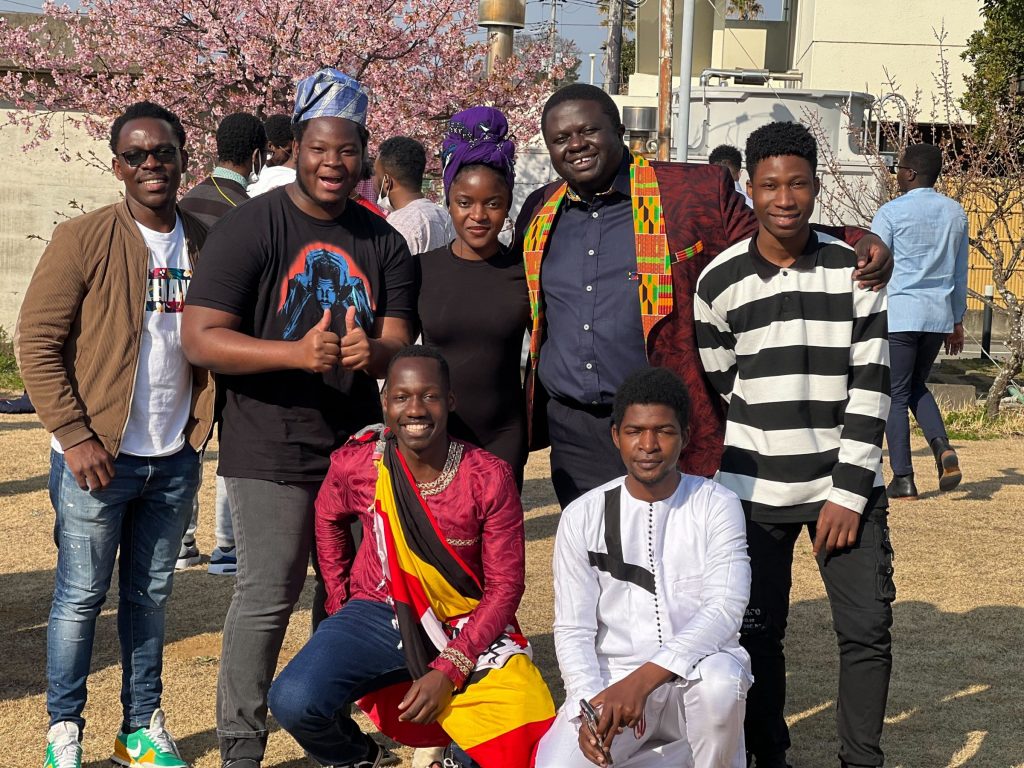
The Ashinaga Africa Initiative is a program whose goal is to develop Scholars from African countries into compassionate change-makers. From the moment the Scholars arrive in Japan all the way through to their graduation, Eugene and the Student Relations Team support them to adapt to their new environment and to have a fruitful university life, preparing them for their return to Africa as agents for positive change. He also makes sure that they are doing well mentally and physically, and keeps track of their academic, personal, and professional development.
Although deeply meaningful, this kind of work also can be difficult at times. The Scholars come from various backgrounds encompassing complex familial situations, and Eugene faces a multitude of challenges in the process of addressing issues relating to their well-being. “Different Scholars have different needs. All of them have lost a parent, and for some of them, it’s not just losing a parent,” he notes. “Some of them come from very difficult backgrounds, and the echo of that may impact their student lives. The important thing for us is to identify if there’s a problem, and to understand the specific areas in which the Scholar needs support. In some cases, this may require us to guide them to get professional support.”
A prime example of a social problem that can pose difficulties not only for Scholars but also for staff like Eugene is the general attitude towards mental health in Africa. Mental health has long been regarded as a marginal concern in many parts of the continent, and those struggling may face social stigma, which in turn serves as a barrier to proper access to care. “Growing up, we were of the idea that if you had mental issues of any sort, even common depression, there was something wrong with you,” Eugene says. “That perspective created a lot of stigma, which meant that people had to learn how to appear stronger even when they were struggling with serious issues.” To combat complications arising from fear of addressing this issue, Eugene and his team have created an environment that not only allows, but also encourages, Scholars to reach out when they need help. “We respect every Scholar’s privacy, and handle personal issues with utmost confidentiality,” he says. “We also have professional mental health support partners who offer personalized or group support to our Scholars.” He notes that mental and emotional well-being is a key component of the holistic human development approach that Ashinaga aspires to.
Ensuring the well-being and holistic development of Scholars is not an easy task. “When I first joined Ashinaga, I was surprised by the level of care and work that goes into ensuring that each Scholar achieves their maximum potential,” says Eugene. “Looking from the outside, most people may not notice how much attention and care goes into the work that we do. However, at the end of the day, it is all worth it.”
“I’m super thankful to all the Ashinaga-san who have donated to the mission,” he adds. “Without them, this program would not exist. It is because of their generosity that so many Scholars in Japan have been able to design a better life for themselves. It is also because of them that this opportunity has also been extended to Scholars from Africa. Every time we conduct streetside fundraising, each donation is precious, whether it be ¥1 or ¥10,000. Maybe that person has a billion yen in their pocket, or maybe they only have ¥7. In either case, they have shared a bit of what is their own to help someone design a better future, and no amount of words can express the value of that gesture. Every donation we receive may help the next Mother Teresa, the next Bill Gates, the next Nelson Mandela, or the next happy passenger you see on your bus commute. Thank you for joining us in this journey to making the world a better place.”
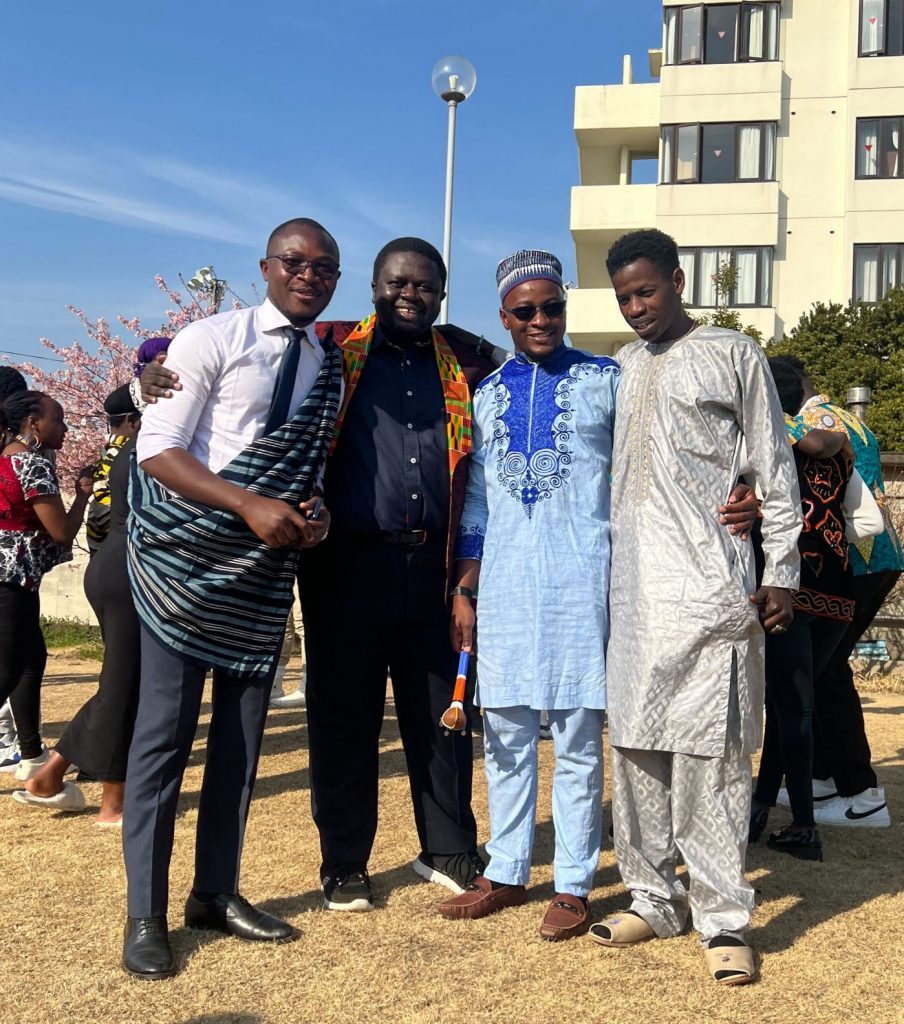
Author: Lance Ringel, Interviewer: Yumi Muramoto(Intern)
Recommended Articles
